Why Am I Losing Hair During Menopause?
Understanding the Connection Between Hormones and Hair Loss During Menopause
Hair loss is a common concern for women during menopause, but it can be disheartening and frustrating. Changes in hormone levels, stress, and genetics play a major role in how hair behaves during this time. This blog explores why hair loss occurs during menopause and how you can manage it.
1. The Role of Hormones in Menopausal Hair Loss
Menopause marks a significant shift in a woman’s hormonal landscape, particularly the decline in estrogen and progesterone levels. These hormones not only regulate reproductive functions but also play a key role in hair health. Estrogen is known to promote hair growth by stimulating the hair follicles. When estrogen levels drop during menopause, hair follicles may enter a resting phase, leading to thinning and shedding. Additionally, androgens—male hormones that women have in smaller amounts—can become more dominant during menopause, potentially causing hair to thin, especially around the crown.
The imbalance in estrogen and progesterone can affect the hair growth cycle, leading to telogen effluvium, where hair follicles shed prematurely and don’t grow back as quickly. This hormonal fluctuation can explain why many women notice thinning or shedding around menopause.
2. Stress and Its Impact on Hair During Menopause
Menopause is often accompanied by a range of emotional and physical stressors, including mood swings, hot flashes, and sleep disturbances. Stress has long been associated with hair loss, and the changes associated with menopause can exacerbate the situation. High levels of stress can trigger telogen effluvium (temporary hair loss), where a larger-than-normal number of hairs enter the resting phase and fall out.
Managing stress is crucial for overall health and well-being, and doing so can have a positive impact on your hair’s condition. Techniques like meditation, yoga, mindfulness, and regular exercise can help reduce stress levels and, in turn, support hair health.
3. Genetics and Family History of Hair Thinning
Along with hormonal changes and stress, genetics play a significant role in how hair reacts during menopause. If you have a family history of hair thinning or male-pattern baldness (androgenic alopecia), you may be more susceptible to experiencing thinning hair during menopause. In this case, menopause may act as a catalyst, triggering or accelerating the process.
Though genetics can’t be changed, understanding your genetic predisposition to hair thinning can help you make informed decisions about treatments and hair care. Additionally, early intervention can help manage hair loss before it progresses too much.
4. How to Manage Hair Loss During Menopause
There are several steps you can take to manage and prevent hair thinning during menopause:
- Nutritional Support: Eating a diet rich in vitamins and minerals is key for hair health. Nutrients like biotin, iron, zinc, and vitamins A, C, D, and E help promote strong hair growth. Include protein-rich foods and leafy greens in your diet to support follicle health.
- Gentle Hair Care: Use mild, sulfate-free shampoos and conditioners to avoid stripping hair of its natural oils. Avoid over-styling, as tight hairstyles and excessive heat can damage hair, leading to further breakage.
- Hormone Replacement Therapy (HRT): For some women, hormone replacement therapy (HRT) can help balance hormone levels and improve hair texture. Consult your doctor to determine if HRT is appropriate for you.
- Topical Treatments: Minoxidil (Rogaine) is a popular over-the-counter treatment that can help stimulate hair regrowth. It’s often recommended for women experiencing hair thinning or loss due to menopause.
- Stress Management: As mentioned, reducing stress can help prevent further hair shedding. Regular exercise, healthy sleep habits, and relaxation techniques are important.
- Consider Professional Treatments: If the thinning persists or worsens, consider seeking professional help. At Nurse Holly Aesthetics, we specialize in helping women address hair thinning during menopause. Our team can recommend personalized treatments such as PRP therapy, low-level laser therapy, or microneedling to stimulate hair regrowth.
5. When to Seek Professional Help
If your hair thinning is significant or causing you distress, don’t hesitate to seek professional advice. A dermatologist or hair specialist can perform tests to rule out other potential causes of hair loss, such as thyroid issues, vitamin deficiencies, or autoimmune disorders. Additionally, Nurse Holly Aesthetics in Lakewood Ranch, FL, offers comprehensive consultations and treatment options to help women regain their confidence and restore their hair.
Hair loss during menopause is a common concern, but it is treatable. By understanding the root causes, managing stress, and taking proactive steps, you can navigate this change with a sense of empowerment and control.



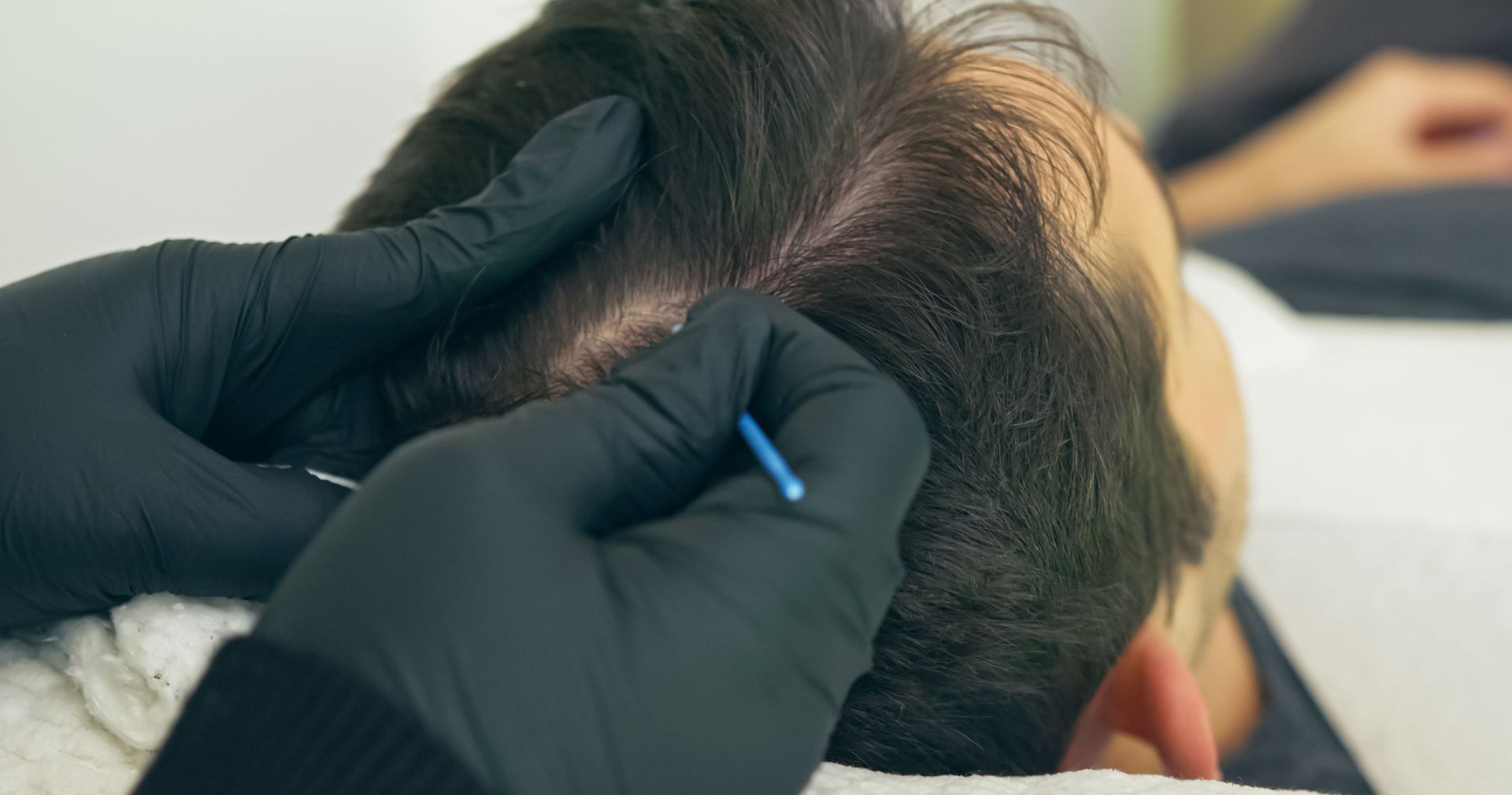
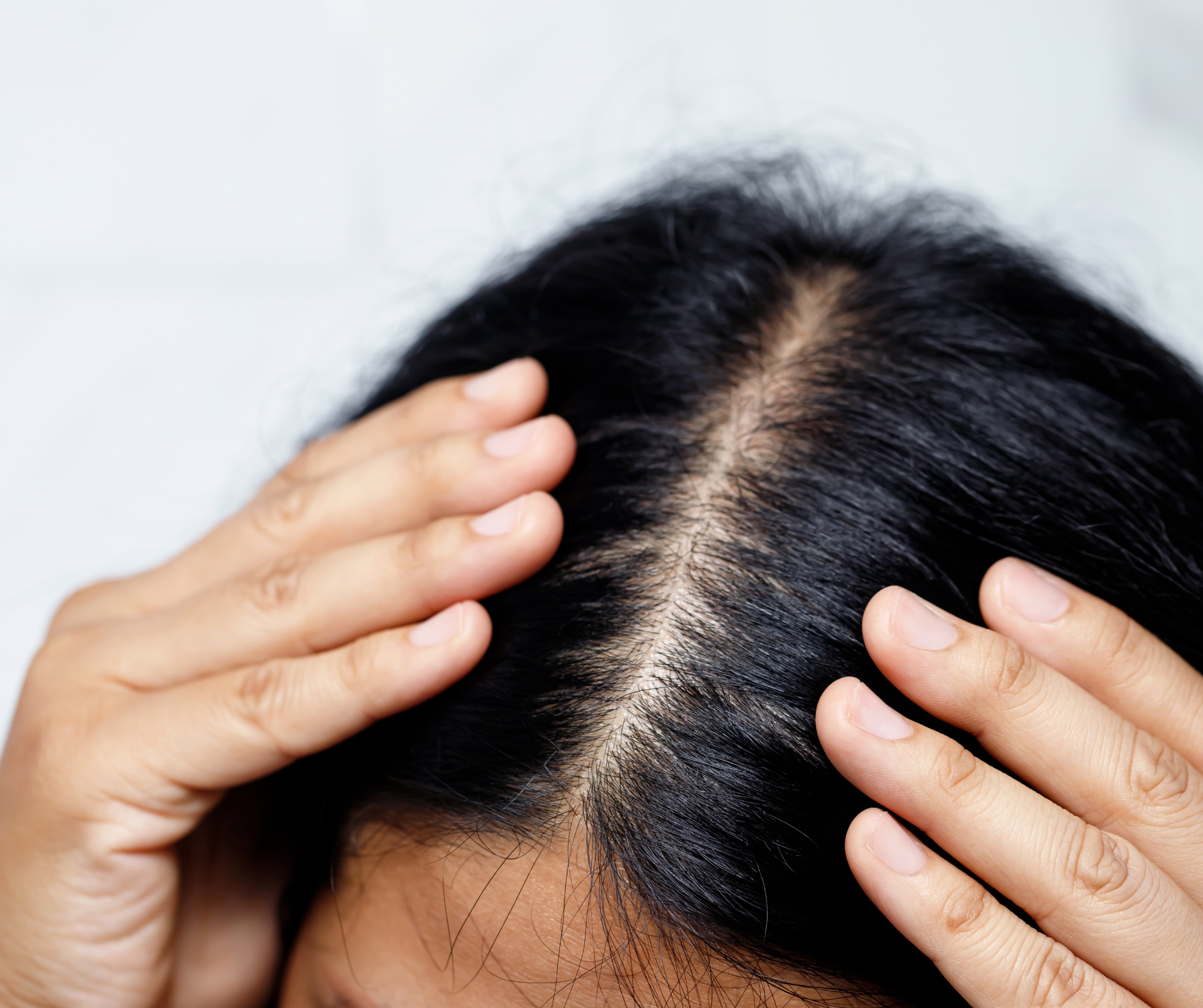
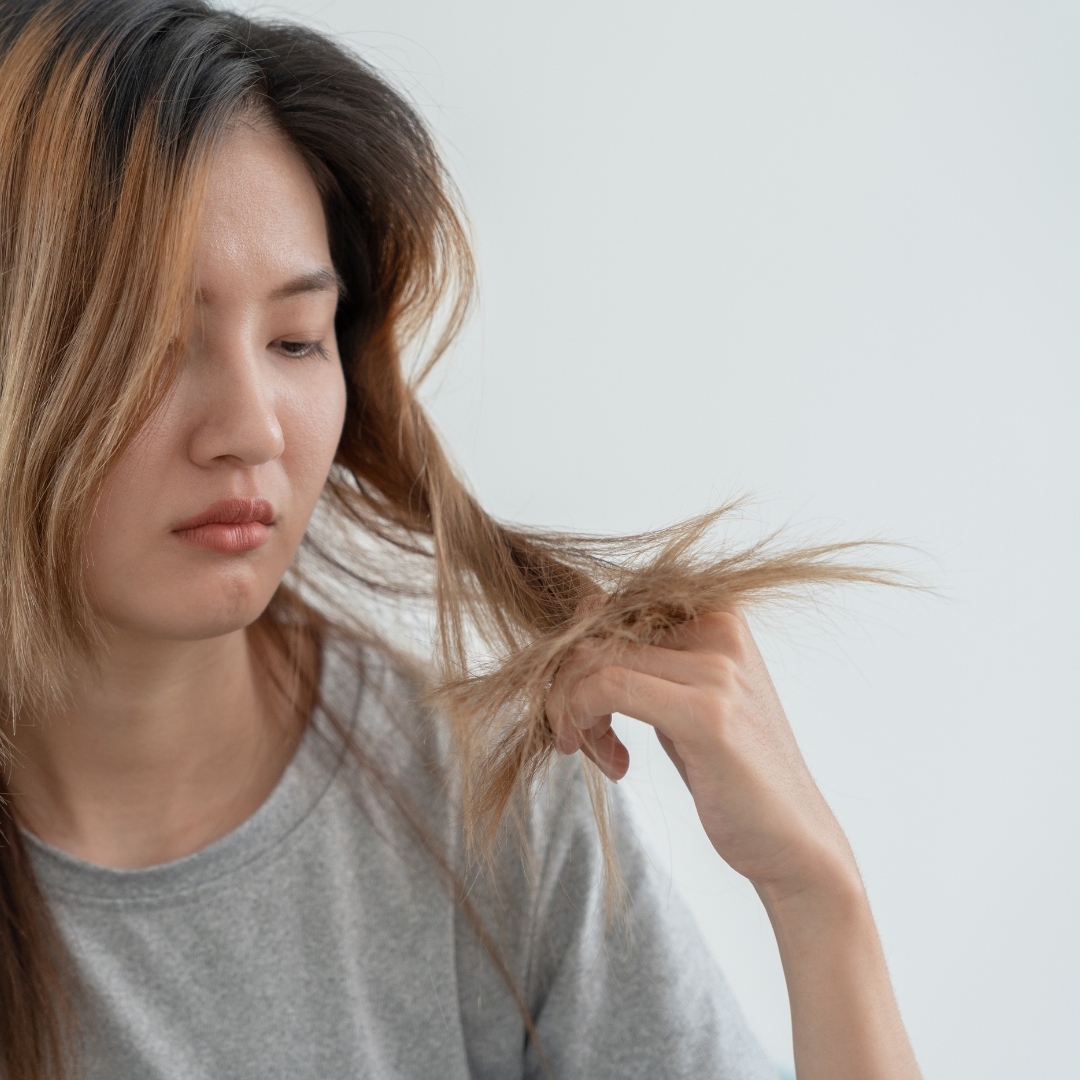
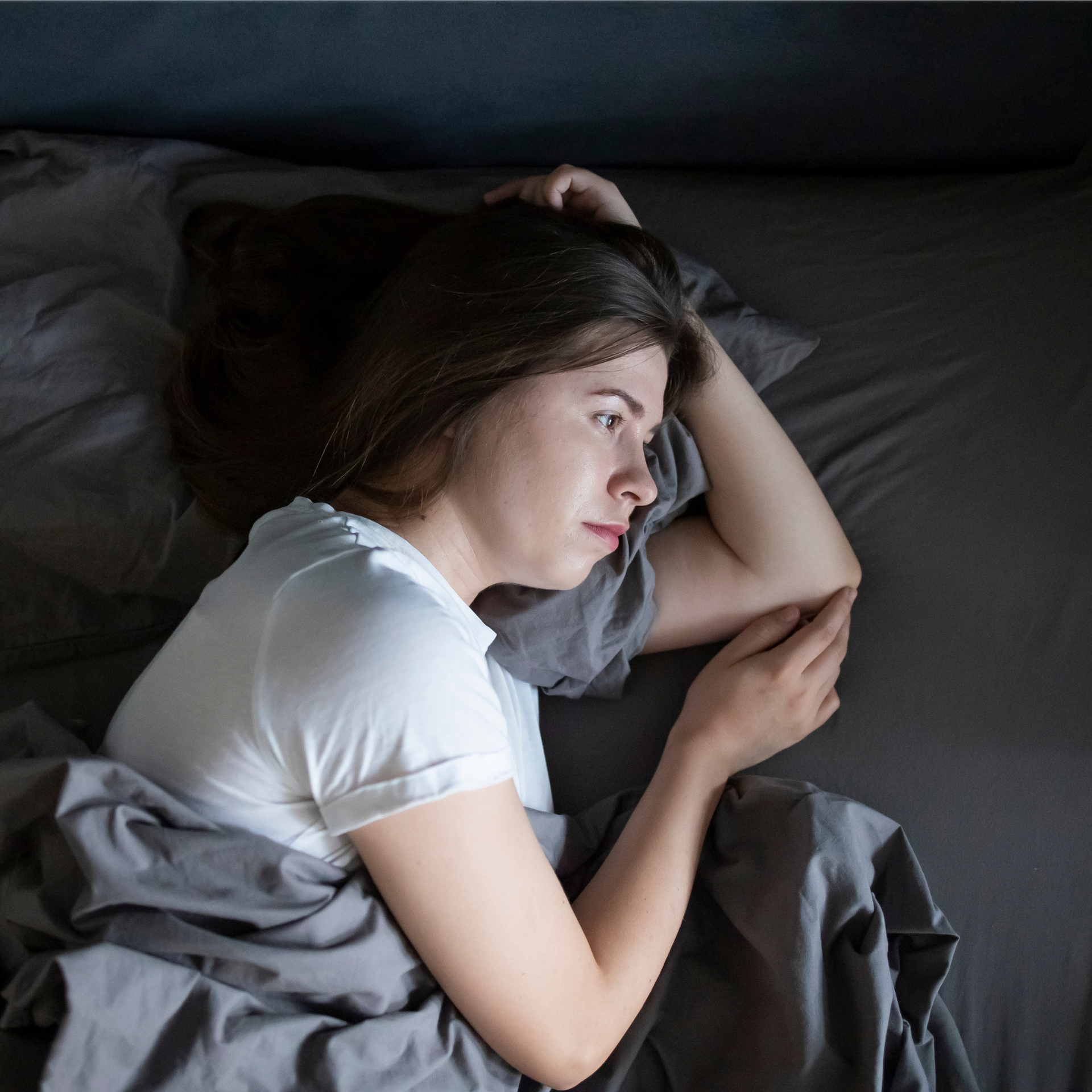
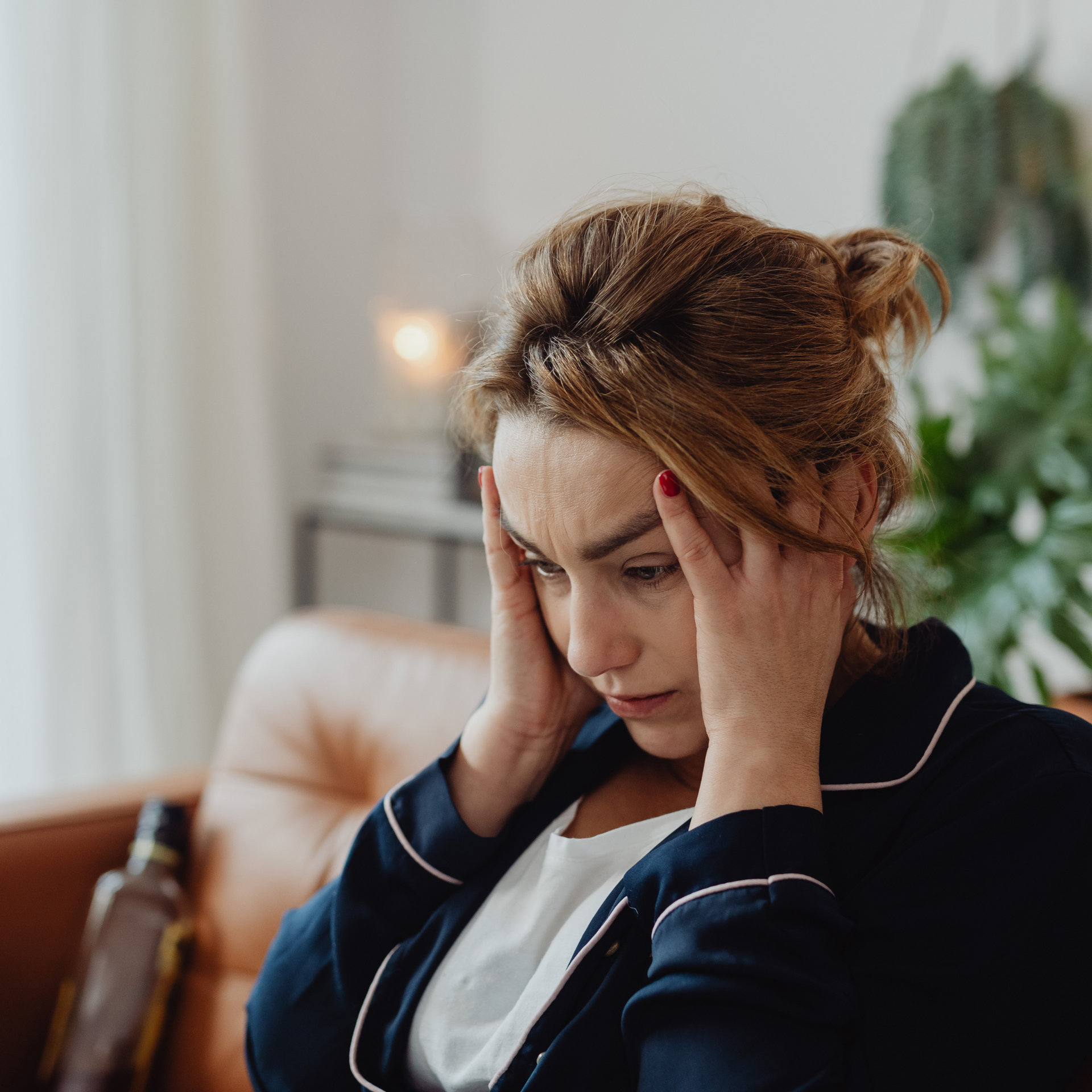


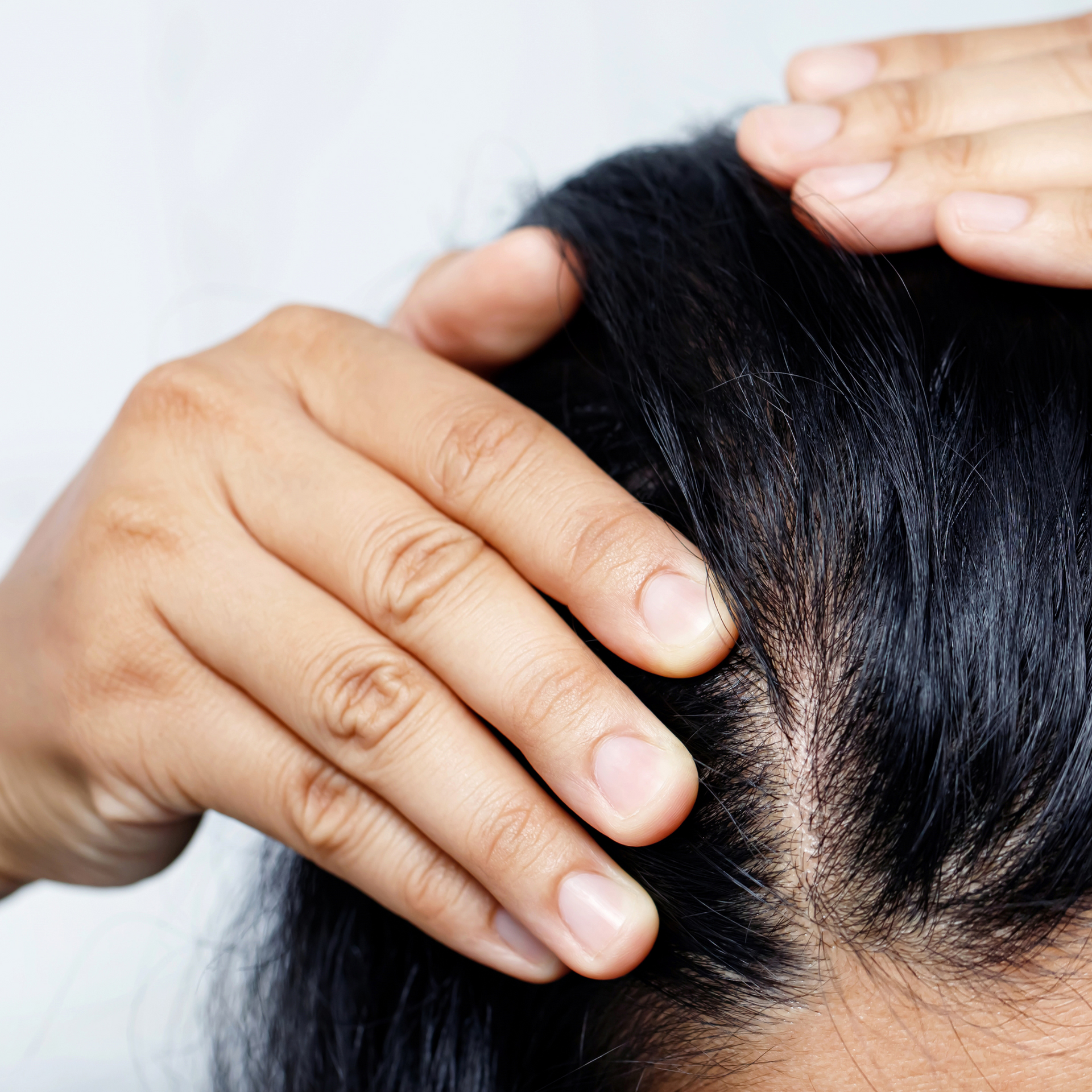
Share On: